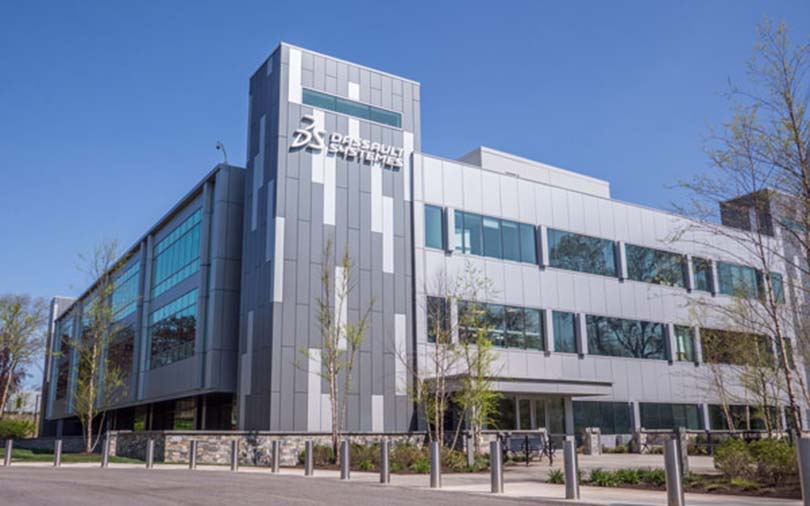
How Dassault Systèmes uses virtual tools to gauge a product’s real effects


As developing economies such as India scale towards development, they face multiple problems such as rapid urbanisation and pollution due to vehicular emissions.
And this puts pressure on all companies operating in the countries in question to keep up with changing regulations while maintaining margins.
Anne Asensio, vice-president of design experience at Dassault Systèmes, thinks that design thinking about product lifecycle management is the solution.
Her solution sounds simple: Don’t just stop at designing the product by creating a 3D model, but also test it to see how it will fare in the future.
“We have hundreds of examples of products that were not designed carefully and have led to global warming in many ways. If they had the option of seeing what the product would do in the future, things would have been different,” Anne Asensio, vice-president of design experience at Dassault Systèmes, told TechCircle.
Dassault Systèmes cooks up 3D software solutions that don’t just design the product but also put it to test, using mixed reality, artificial intelligence, Big Data, and Internet of Things.

Asensio added that her company provides the simulation tools on a cloud-based platform, 3D Experience, where customers can monitor each step of the product development.
The platform, which was launched in India in March, offers applications for 3D designing, engineering, modelling, simulation, data management and process management. It can also be used for social communication, community building and ideation for collaborative innovation, besides 3D visualisation, analytics and dashboarding for knowledge-sharing and data-driven decision-making for communities.
“Imagine if I had to design an electric vehicle. We have to first start with the engine and then build parts around it. What our solution does is help the company run simulations on designs of every aspect of the car and in just hours,” Asensio said, explaining that it not only cuts down the time to create the product but also helps the company comply with regulations.
Asensio, who was in the country to help expand India’s customer base and revenue, feels that the example of the electric vehicle could be extended to manufacturing, healthcare, aerospace and urban infrastructure.
Dassault Systèmes India managing director Samson Khaou echoed Asensio: “Using our platform, product designers can simulate anything in a virtual environment, from a self-driving car on a motorway to a smart pill in a body, in order to understand every possible and unprecedented scenario before we use the products in real life.”
In India, Khaou said that the company works in the automotive, aerospace, retail, mining and healthcare sectors, with more than 50% of the revenue coming from the auto sector.
The company’s clients in the automotive sector include Ashok Leyland, Hero MotoCorp, Renault, and Uno Minda. In the retail space, Khaou said that the company works with Arvind Ltd, Mohan Clothing, Myntra and Aditya Birla Fashion and Retail Ltd.
In the mining space, the company works with MSPL (of Baldota Group), and in healthcare with Nimhans (National Institute of Mental Health & Neuro Sciences), which is researching solutions for schizophrenia.
Khaou said that India sales were growing in double digits, with Asia recording 14% growth for the July-September quarter.
According to VCCEdge, the data platform of News Corp VCCircle, the company’s India unit, Dassault Systemes India Pvt. Ltd, garnered a total income of Rs 423 crore for the financial year 2016-17, an increase of 16% over Rs 364 crore a year earlier.
